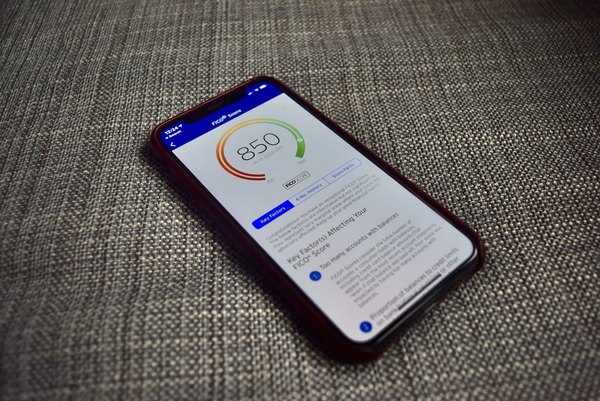For many people, a credit score can feel like a mysterious number. It’s not always clear how it’s calculated, what qualifies as a “good” score, or how it may affect you personally.
In reality, credit scores are generally based on a set of known factors. Understanding the basics can help you make more informed decisions about your credit and may support gradual improvements over time, depending on your situation.
Take Responsibility for Your Credit Report
Everyone is entitled to one free credit report per year from each of the three major credit bureaus, and reviewing these reports is a good place to start. Taking advantage of these free reports can help you understand what’s being reported and identify potential issues.
Some people have lower credit scores due in part to errors or outdated information on their credit reports. Reviewing your reports and disputing any inaccuracies may help address those issues, though outcomes depend on the bureau review process.
When reviewing your report, look for accounts or lines of credit you don’t recognize. These could indicate an error or possible identity theft. Free tools like CreditSesame can help you analyze your report and provide guidance on next steps if you notice discrepancies. If you rent your home or apartment, services like Rent Credit Hero may help report rent payments, which could be reflected in your credit history depending on bureau acceptance and account activity.
Keep Your Utilization Low
Keeping revolving credit utilization relatively low can support healthy credit habits and may positively influence your credit score. Credit utilization compares how much credit card debt you’re using against your total available credit.
Using a smaller portion of your available credit can make balances easier to manage and may be viewed more favorably by scoring models. Results vary, and utilization is just one of several factors used to calculate credit scores.
Keep Some Unused Credit Cards Open
If you have credit cards you rarely use, closing them may seem appealing, but it can affect your overall credit profile. Your total available credit and the average age of your accounts are factors that may influence your credit score.
Keeping older or infrequently used cards open—especially those without annual fees—can help maintain a higher total credit limit and longer account history. However, some lenders may close inactive accounts automatically. To reduce that risk, making a small purchase every few months and paying it off may help keep the account active.
Pay Your Bills on Time and In Full
Payment history is a significant factor in most credit scoring models. Missing or late payments can negatively affect your score, so staying current on bills is important.
Automatic payments can help reduce the risk of forgetting due dates. Many people choose to set autopay for the full statement balance when possible. If that’s not feasible, setting autopay for at least the minimum payment can help avoid late fees, though interest may still accrue. In those cases, making additional payments when you’re able can help reduce balances over time.
Progress Takes Time
Understanding what influences your credit and addressing issues on your credit report are steps that only you can take. Applying the practices above may help support gradual improvements, but credit changes typically take time and consistency.
There’s no instant or guaranteed way to achieve a perfect credit score. With patience, attention, and ongoing effort, many people are able to work toward stronger credit over time.






